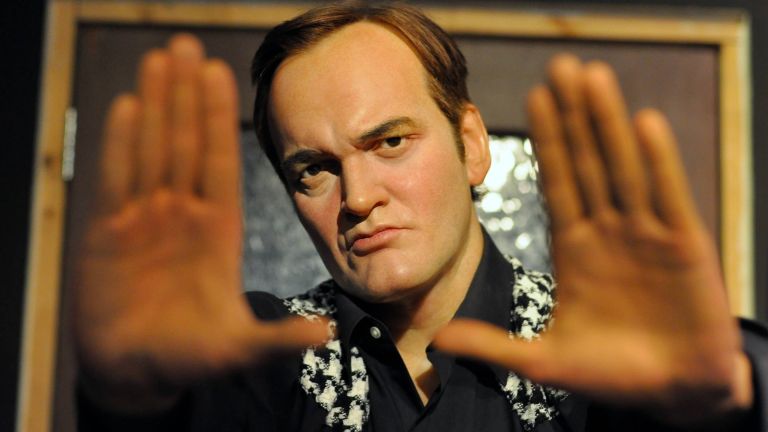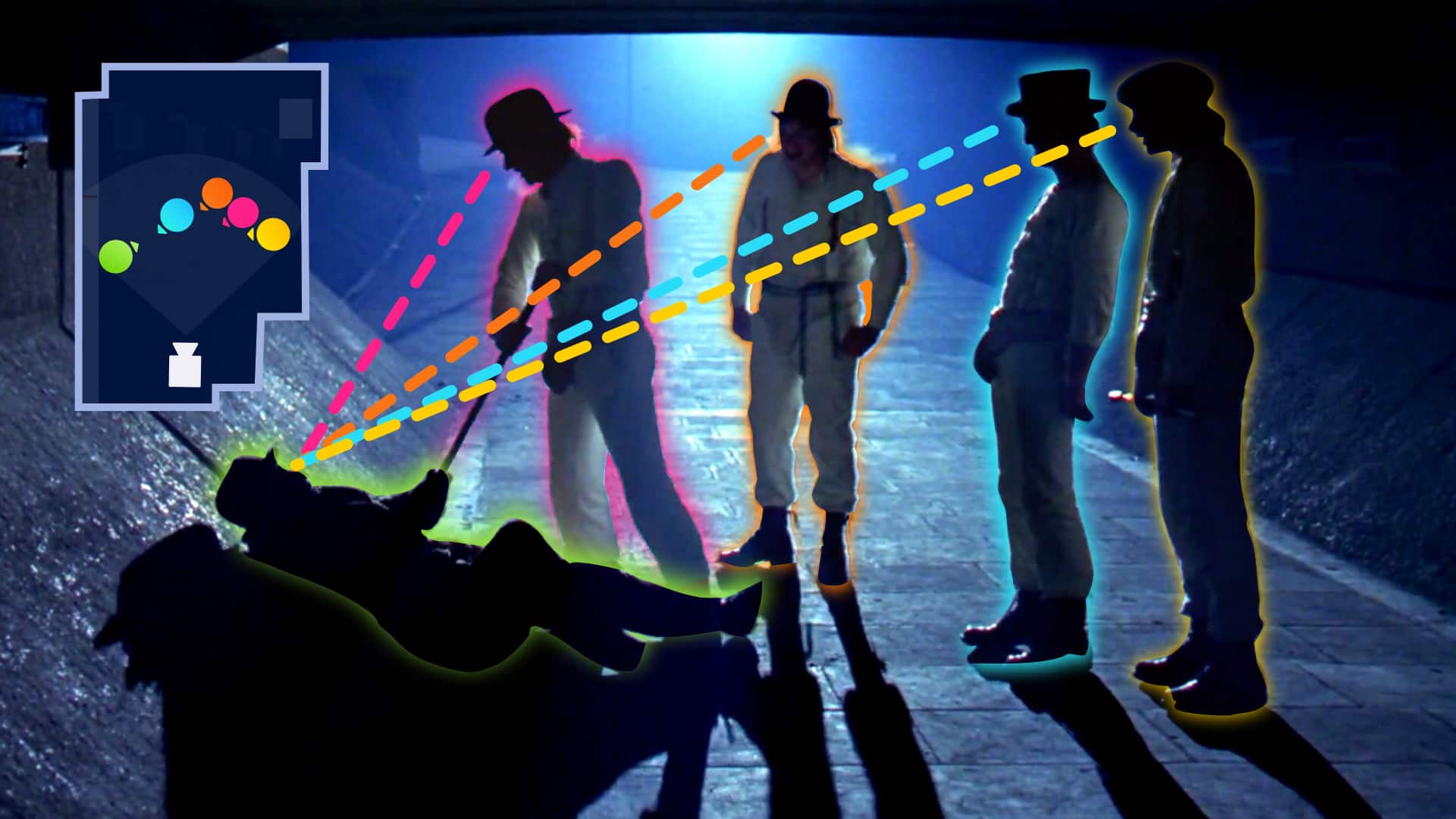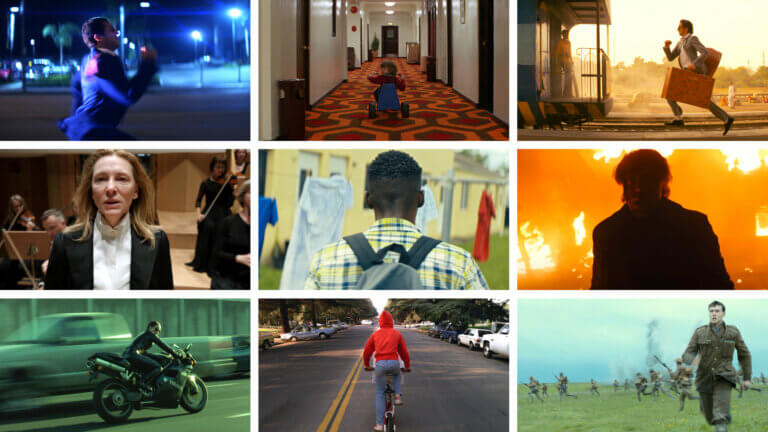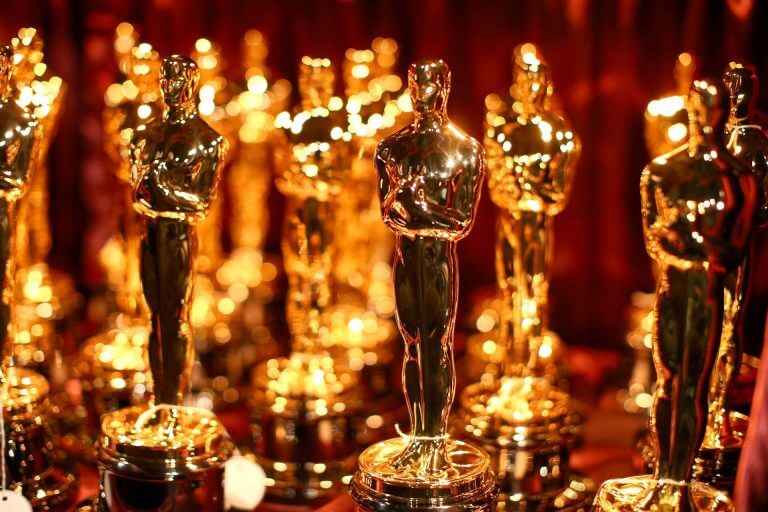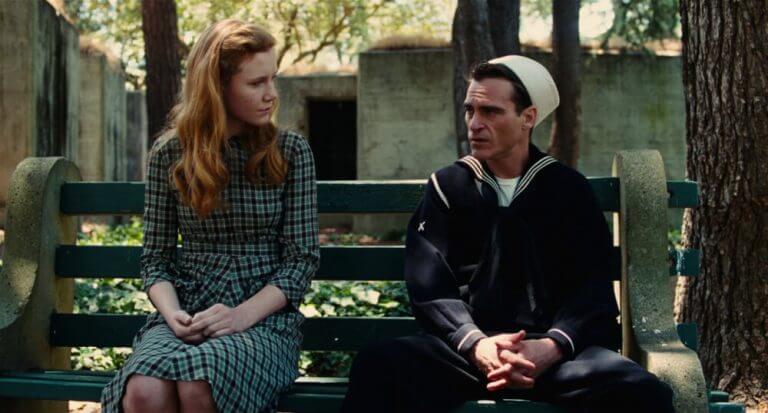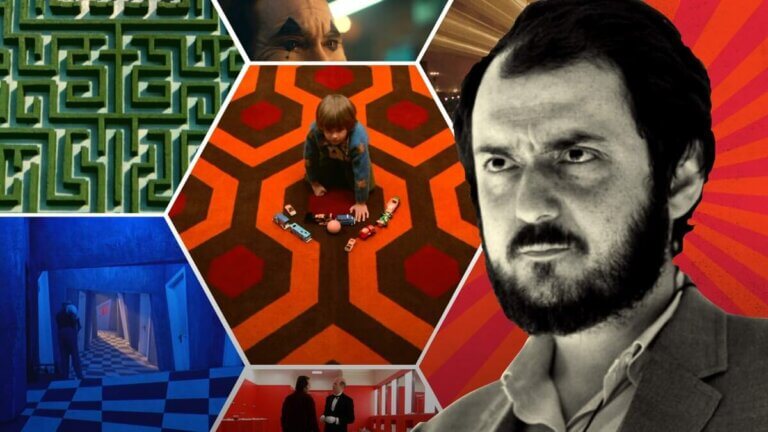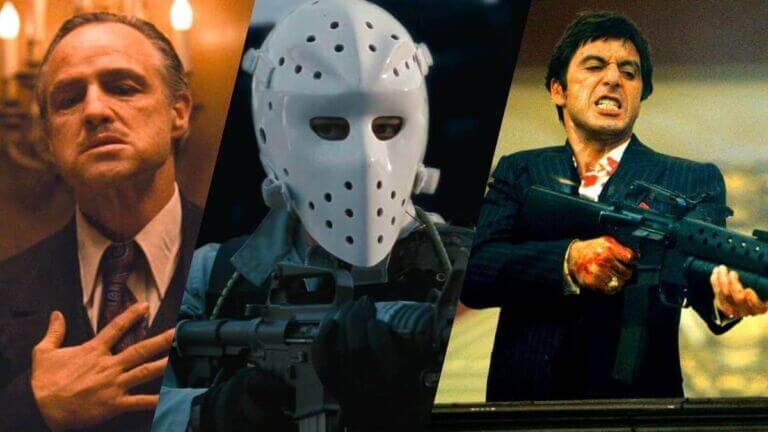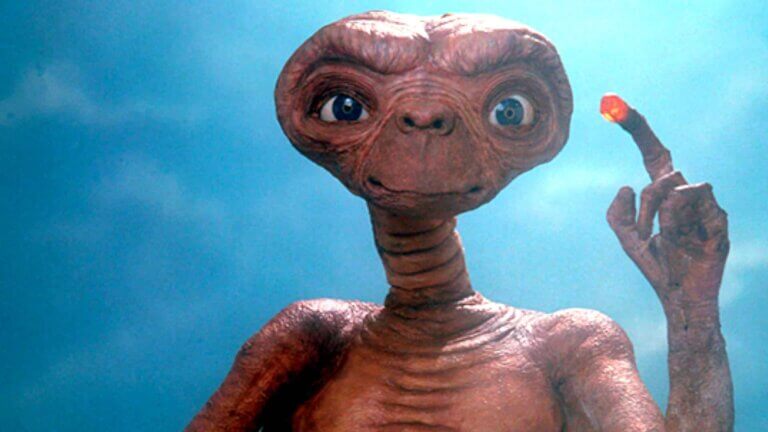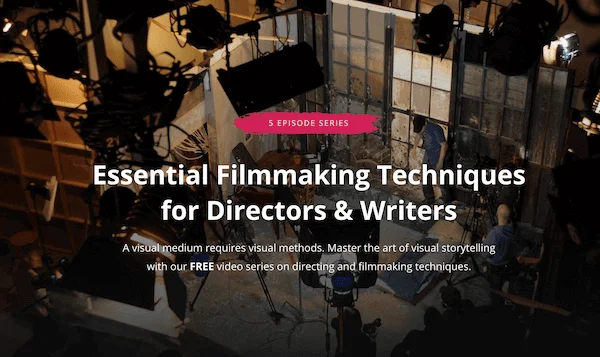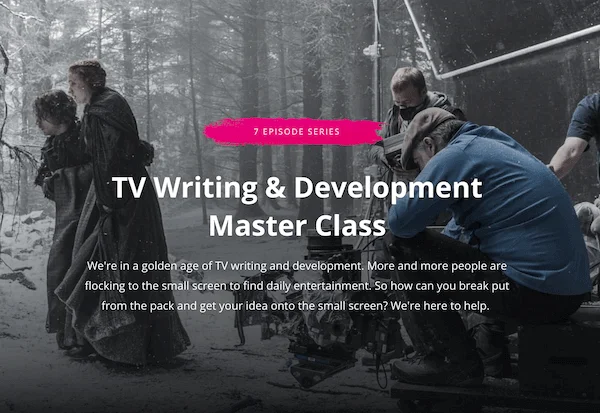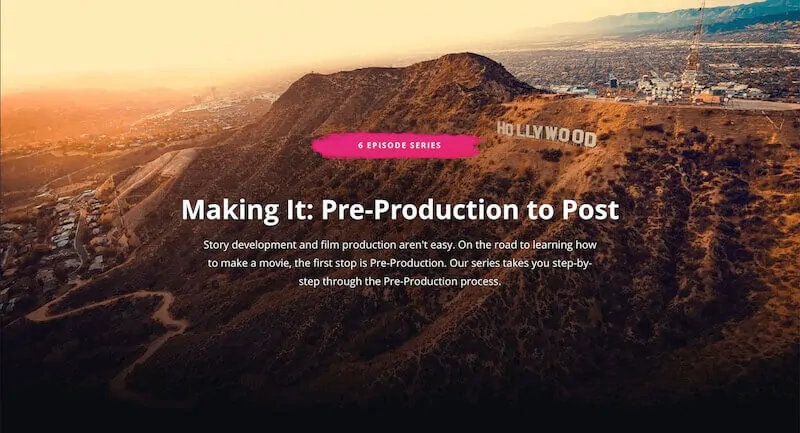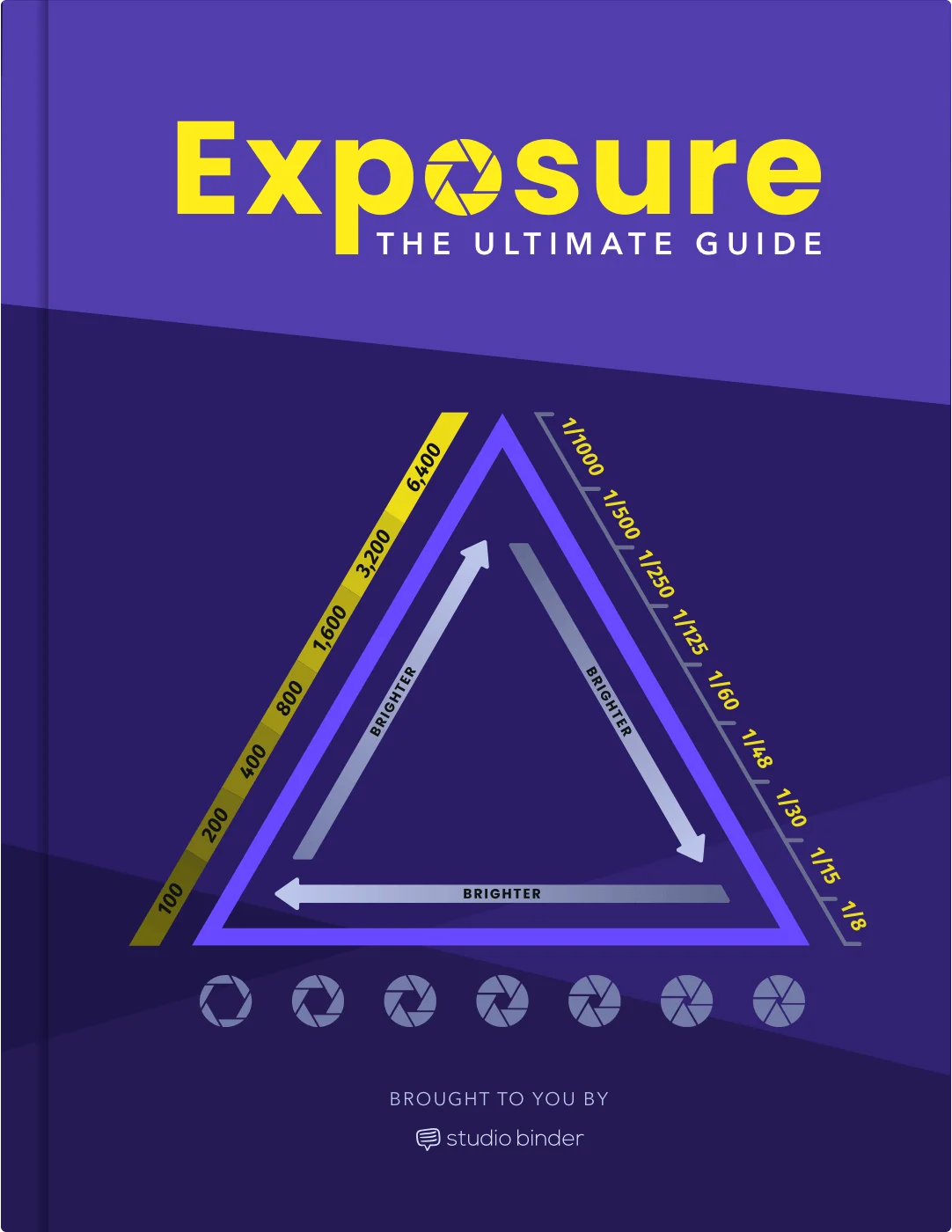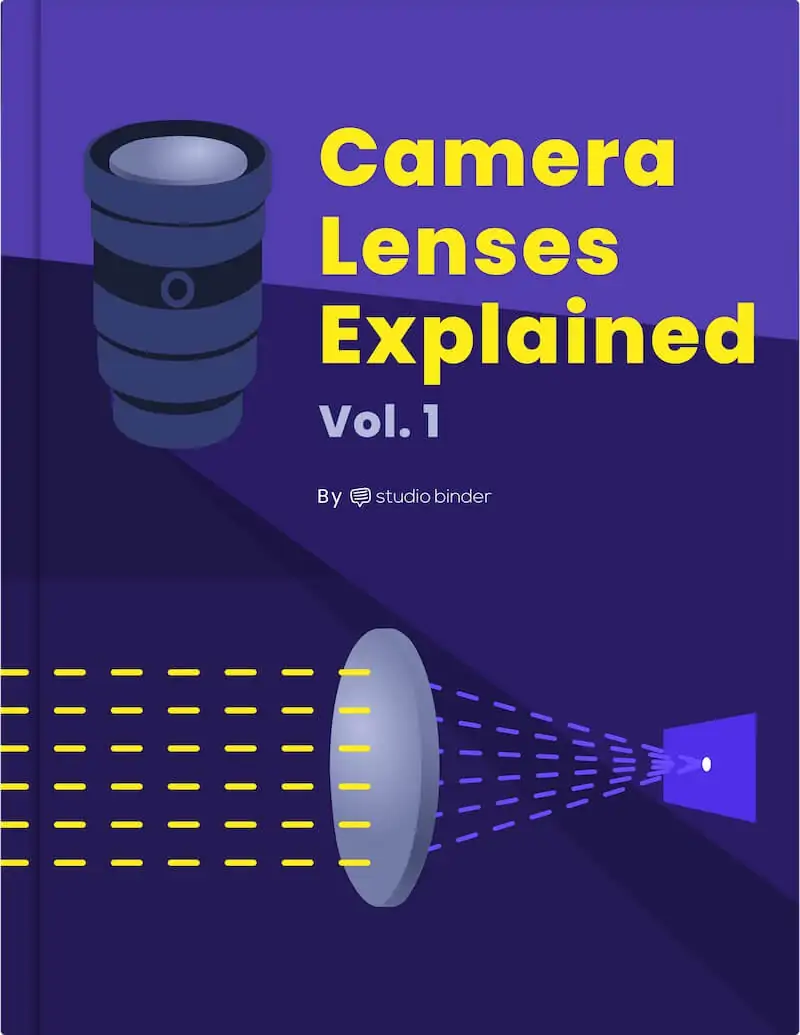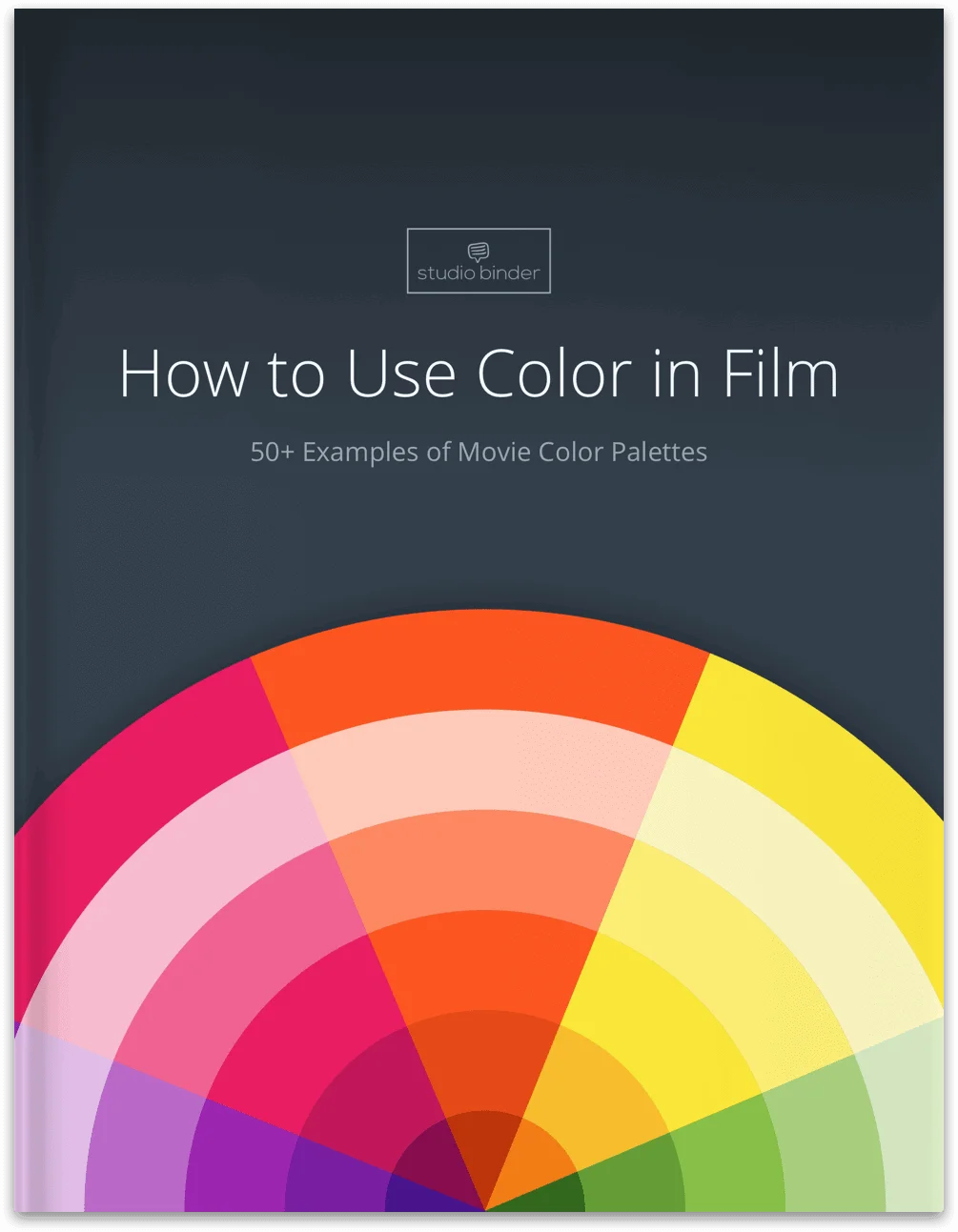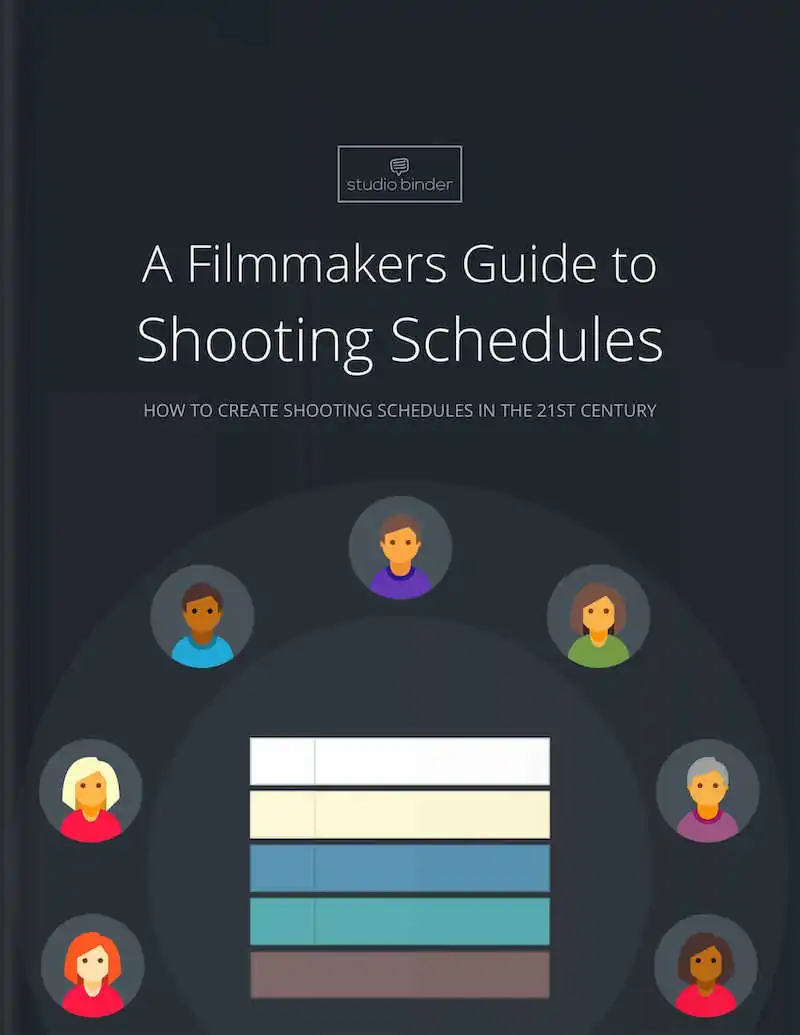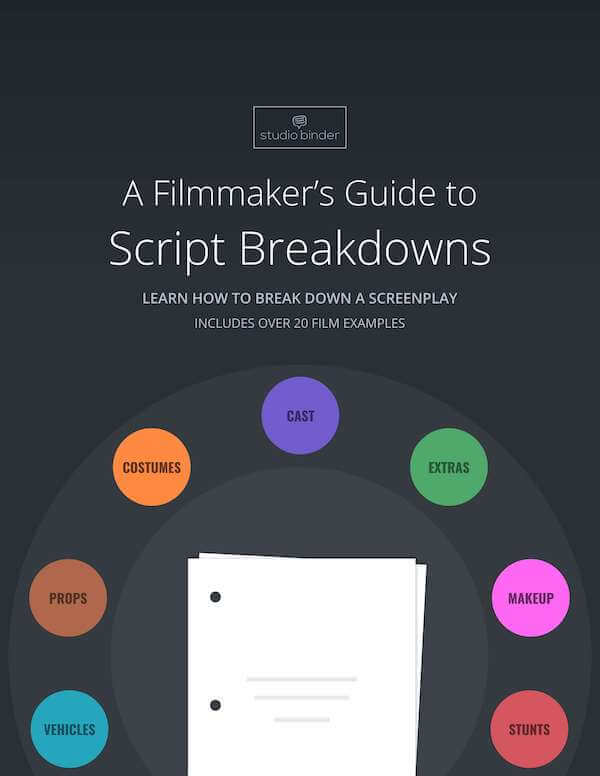Becoming a film director isn’t a straight path. There are multiple ways of getting there but, ultimately, there's only one driving force: you. Regardless of your education or current skill set, if you want to make movies, you will. But that’s easier said than done, so let’s go a little deeper to answer how to become a director. Continue reading How to Become a Director: Learning from Seasoned Filmmakers
Watching a scene is easy, but blocking and staging a scene effectively is a complex dance between actors and your camera. When deciding where to position your actors and your camera, you're essentially solving a puzzle — a puzzle with more than one solution.So, how is it done?In this post, we’re going to show you how three of the great directors in filmmaking history stage and block their scenes in a way that is profound, interesting, and ultimately cinematic. Lezgo.Continue reading Blocking and Staging a Scene like Spielberg, Kubrick, and Inarritu
What is a tracking shot? They are really fun to watch, but difficult to film. We've put together a list of the best tracking shots of all time. Then we break down everything you'll need to consider when blocking and planning a tracking shot in your own projects.Continue reading What is a Tracking Shot — 25 Best Tracking Shot Examples
The Academy Award for Best Director is the most prestigious honor any director can receive -- well, at least in theory it is. You may be shocked to find out that many of “the greatest directors of all-time,” like Alfred Hitchock, Orson Welles, Akira Kurosawa, Stanley Kubrick, Fritz Lang, Ingmar Bergman, and Federico Fellini never won the award. Of all of the Academy Awards, the Best Director category probably has the greatest discrepancy between its winners and its retrospective, critical consensus. No matter though, we’re going to list all of the Academy Award Best Director winners, then we’ll rank some…
How would it feel to watch your perfect scene play out on the big screen? You’re one step closer, because you’re about to learn one of the most important methods to help your scene achieve a big, cinematic look. The complex master shot.By following five key steps, you’ll gain more control over the viewer’s attention, because understanding how to stage, schedule, and capture a complex master shot will transform your film into a tour de force.Continue reading The Master Shot — 5 Steps to Shooting a Complex Master
In psychology, there’s something called the serial position effect. It means people tend to remember what comes first and last, not what occurs in the middle. Filmmakers know this phenomenon all too well. Combine that with today's stream-ability and countless options… and the opening to a film is as important as ever. Today, we study the best opening scenes in movies to see how the best in the business grab the audience and never let go. Continue reading 25 Best Opening Scenes in Movies & What Makes Them Great
Mise en scène. It’s a fancy looking phrase that you’ve seen floating around many film-related articles, carrying with it an immediate sense of snobbery. Don't worry, you're not the first person to ask "what is mise en scene?" After today, you’ll have a better sense of this concept and its fundamentals so you can apply it in your next project. Continue reading What is Mise en Scène in Film: Definition and Examples
You’re looking for a list of the best crime movies of all time. Maybe you want to find action crime films, or crime thrillers, or perhaps even a crime comedy movie or a crime drama. We’ve got you covered.In this post, we’ve compiled a list of the best crime movies of all-time, including American crime movies and the top crime films from around the world. All of these movies are worth a watch, so pop some corn, call your lawyer, pour a glass of your favorite pruno, and start the show.Continue reading 73 Best Crime Movies of All Time, Ranked…
Early filmmakers showed the world that a movie director could be an artist. But not every movie director. Because part of auteur theory is knowing how to define auteur directors. Before auteur theory, Directors were important, but the other factors were still more significant. Stars. Studios. Producers.People referred to a 'Clark Gable movie' for example, because in the 1930's stars ruled the day. Auteur theory came in the early 1950's, and it changed all that. It shifted some power away from actors, producers, and studio moguls. It shifted power towards directors. Towards specific types of directors. And it ultimately led…
Movies and television are incredible because they can transport us into a world of wonderment. Today we’re going to go over the Kuleshov Effect and how the greatest director of all time, Steven Spielberg, put his own twist on the editing technique for his personal stamp.Continue reading The Kuleshov Effect Explained (and How Spielberg Subverts it)
